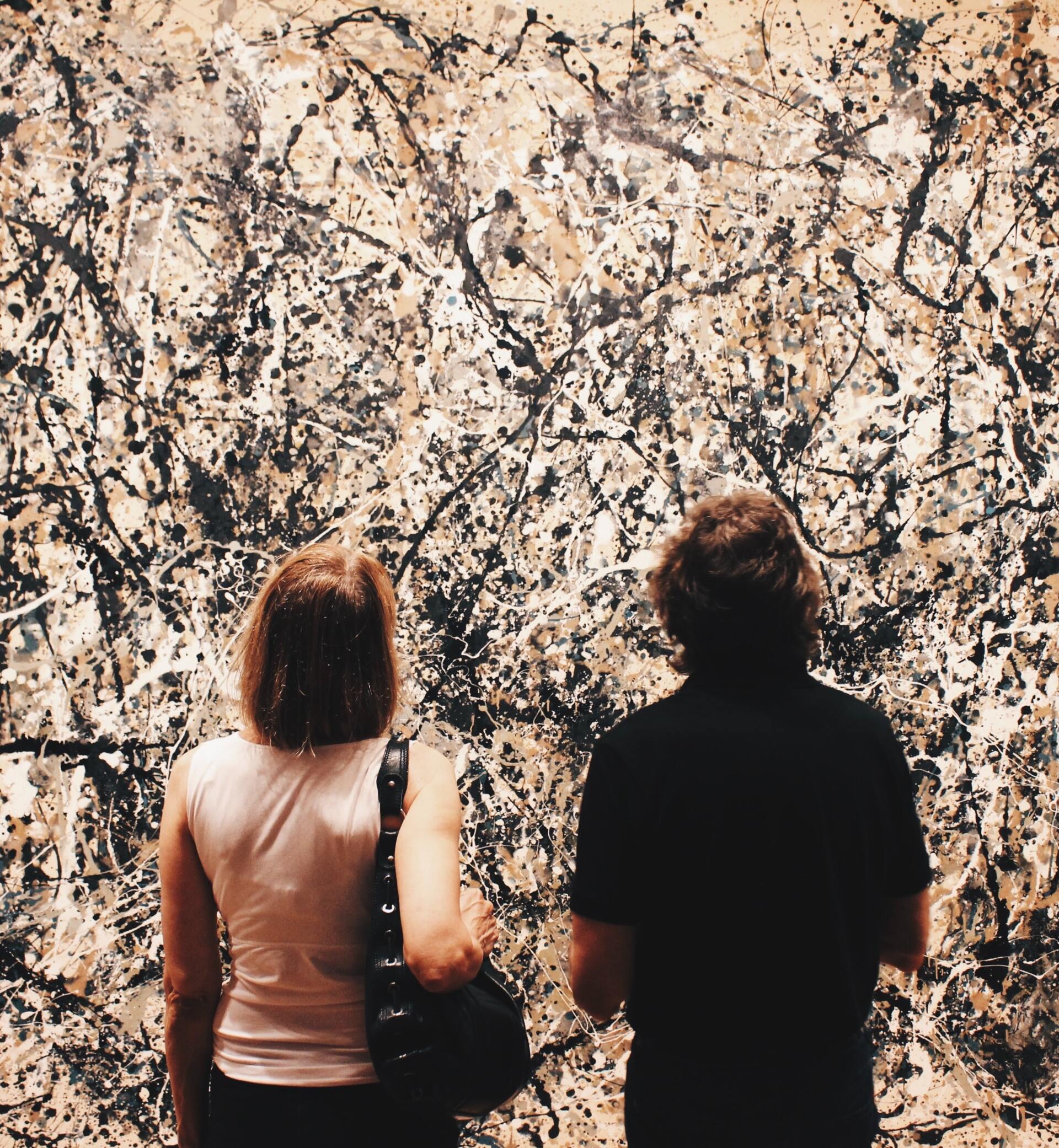Are Non Fungible Tokens (NFTs) taxable?
If you are creating or trading in NFTs, there are income tax and GST consequences.

The closest I’ve come to owning a non-fungible token (NFT) is when I collected stamps as a schoolkid or when I painted a scene on canvas (and decided to stick with accounting). I can relate with people who are wary of investing in NFTs when they can’t understand how they work, and whether the hype is worth the risk. I don’t know why Jackson Pollock’s artwork is popular either!
An increasing number of our clients have bought NFTs recently, so we decided its time to talk about non-fungible tokens, and the tax issues surrounding them.
What are NFTs?
NFTs are digital assets rather than physical. They are not the same as cryptocurrency, but they use similar blockchain technology for authentication. They are typically held on the Ethereum blockchain, but other blockchains also support NFTs.
In the case of digital artwork, NFTs are a lot like physical art. The original artwork by an established artist is worth a great deal. Limited edition prints are valuable, but not worth as much as the original. Other copies exist, but they do not have the same value as the original. NFTs have a digital signature which make it impossible to be exchanged for one another. Even if you may download a digital copy from the internet, that copy is not worth anything as much as the original NFT, with its digital signature serving as proof of ownership. NFTs can only have one owner at a time. The most famous NFT of 2021 according to Forbes, was Beeple’s “Everydays: the First 5000 Days” sold at Christie’s for US$69 million.[i]
An NFT can be minted or created from digital objects, so they may consist of images, text and sounds. It may be a single frame digital drawing, a GIF (a very short animation) or it might be a video clip or music file. NFTs may be virtual avatars for online gaming, video game skins and in-game items, like a pair of sneakers that you pay real money for, but only your online persona gets to wear them.
NFTs as a Royalties Generator
NFTs can be sold directly from the artist to consumers. Artists can even programme in royalties so they receive a percentage of sales, or royalties, whenever their art is on-sold. This benefits the artist, as they can continue to receive income from a single NFT.
NFTs as a Networking Tool
One of our clients recently bought a utility NFT because of the access it gave them to influential players in their industry. It was like buying tickets to an exclusive club, where they would be able to get mentoring, showcase their beta product, and hopefully launch to a wider audience.
NFTs as a Fundraising Tool
ChildFund is one of a handful of charitable organisations which accepts donations of cryptoassets and NFTs. Former CFO, Janice Wong, spoke to us recently about how ChildFund uses NFTs to raise funds[ii]. ChildFund earns royalties from many of the NFTs they sell.
Taxing NFTs in New Zealand
If you earn income as a creator of NFTs, from royalties or selling your works, you will pay income tax.
Generally, if you buy NFTs and sell them, then the profit on sale is liable for income tax. You may be able to argue that an NFT was bought for personal use and enjoyment and not subject to income tax, but IRD considers that you would need to be able to provide a clear and compelling argument to support this.
If you sell more than NZ$60,000 in a 12-month period, you should be registered for GST and charge GST on sales to NZ buyers. However, if you are selling NFTs on an international platform and your buyers are anonymous, then you are entitled to zero-rate your sales for GST.
If you receive payment for NFTs in cryptocurrency, then you will need to convert the income into NZD using a conversion rate at the time of the sale. You’ll need to keep very good records of your trades, dates and values of purchases and sales. At very least, be able to export your crypto wallet transactions as a spreadsheet so you can convert to NZD. If you do a lot of trading then consider using an app like Koinly, which can assist you with the cryptocurrency conversions.
Before buying NFTs
I haven’t bought any NFTs yet, as its speculative nature doesn’t match with my conservative views about money. But if and when I do, I will do these things first. I will do a lot of research into the reputable platforms, like Open Sea, and the sellers. I will have a secure digital wallet on a reputable exchange, with lots of safety features. I will only spend what I can afford to speculate. I will remember the advice of art collector and former mentor, John Gellert, to only invest in art that I like. In that way I will be supporting artists and creatives in a positive manner, and even if it doesn’t make me US$69 million, at least I will enjoy having it.
- Serena Irving
Serena Irving is a director in JDW Chartered Accountants Limited, who sometimes paints canvasses. JDW is a professional team of qualified accountants, auditors, business consultants, tax advisors, trust and business valuation specialists.
Download a PDF version here or contact the author by email. Like our Facebook page for regular tips.
A well-written article like this, which is general in nature, is no substitute for specific taxation advice. If you want more information about the issues in this article, please contact the author.
[i] https://www.forbes.com/advisor/investing/cryptocurrency/nft-non-fungible-token




